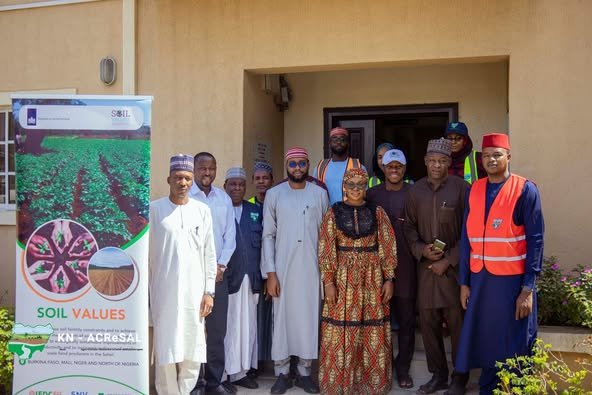During his address, Dr. Dahir highlighted the critical challenges tomato farmers face, particularly during the harvest season. He expressed concern over the substantial decline in tomato prices due to inadequate storage solutions, which often leads to significant post-harvest losses. “The government is resolute in addressing this issue to protect farmers’ livelihoods and ensure food security within our communities,” he stated.
In discussing the overarching goals of the ACReSAL project, Dr. Dahir emphasized that empowering farmers and stakeholders with knowledge and tools to increase productivity, conserve resources, and safeguard the environment remains a foremost priority. He stated, “Fertilizer Deep Placement (FDP) technology is a proven strategy that enhances efficiency, reduces waste, and improves crop outcomes. This is especially crucial for tomatoes, which are a vital component of our food system.”
Throughout his speech, Dr. Dahir underscored that the workshop exemplifies a strong commitment to improving agricultural productivity and resilience through innovative practices. Participants are expected to gain insights into the effective implementation of FDP technology, which aims to optimize fertilizer use and contribute to sustainable agricultural practices.
The workshop not only aims to equip tomato farmers with practical skills but also fosters collaboration among stakeholders in the agriculture sector to drive sustainable development. The initiative reflects ACReSAL’s ongoing commitment to addressing the needs of farmers and promoting sustainable agricultural practices in Kano State.
Members of various agricultural groups, stakeholders, and experts in the field are in attendance, representing a collective effort to enhance tomato production in the region.



